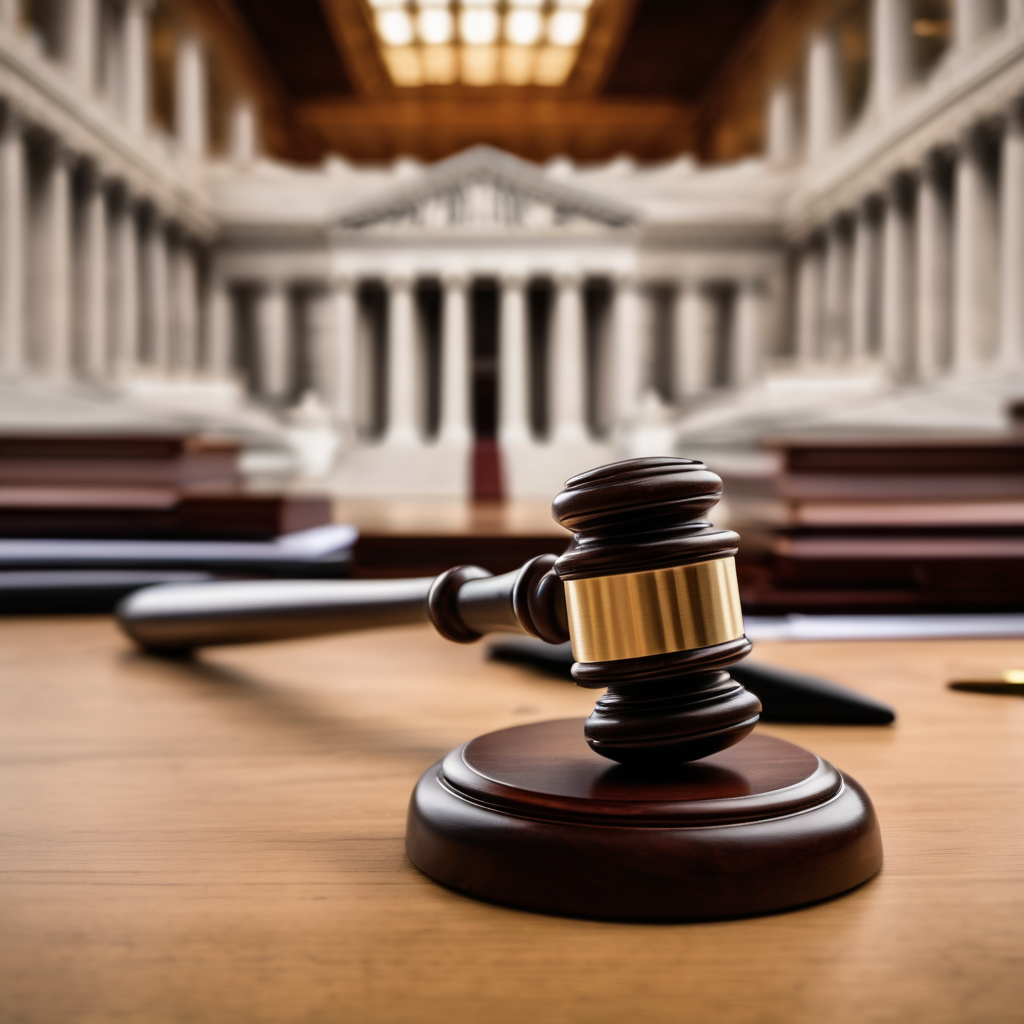The U.S. Supreme Court engaged in critical discussions on Monday regarding a lawsuit against Fluor Corp., a military contractor involved in the tragic suicide bombing at Bagram Air Base in Afghanistan in 2016 that resulted in five fatalities and numerous injuries. A majority of the justices expressed skepticism about whether this case should diverge from the typical immunity afforded to defense contractors in lawsuits stemming from their wartime operations.
In the matter of Hencely v. Fluor, former Army Specialist Winston Hencely alleged that Fluor failed to adequately supervise employee Ahmad Nayeb, who executed the deadly attack. This incident claimed the lives of three Army personnel and two Fluor employees. The investigation revealed that Fluor had violated its contractual obligations by providing Nayeb with the tools necessary for the bombing and by not properly monitoring his activity while he was on base.
Hencely’s attorney, Frank Chang, contended that these failures breached Fluor’s federal contract, thereby enabling state law claims for negligence to be asserted. Citing precedent from Boyle v. United Technologies Corp., Chang noted that protections for contractors only apply when they follow the specific requirements set forth in government contracts. He asserted, “Our Constitution presumes that state tort claims are available and leaves it to Congress to alter that default rule.”
Despite Chang’s arguments, several justices questioned the applicability of state liability, emphasizing that the U.S. military maintains immunity regarding claims of injury from service members. Justice Brett Kavanaugh pointed out that the military had neglected to fulfill its safety obligations. He remarked, “It was the military [that] was supposed to prevent [Nayeb] from bringing this stuff onto the base.”
Justice Ketanji Brown Jackson also voiced concern over the notion of creating “carve-outs” that could exempt Fluor from liability. She underscored the established understanding within the Federal Tort Claims Act, which generally shields federal contractors from certain liabilities tied to military actions.
Fluor’s representatives argued that allowing this lawsuit to proceed under state law would disrupt essential military operations, stating that operational integrity is paramount, especially in environments where safety protocols are critical. Fluor attorney Mark Mosier expressed that if contractors feared legal repercussions, they might prioritize self-protection over immediate collaboration to mitigate further risks during an ongoing crisis.
Supporting Fluor’s stance, three retired senior officers, including two lieutenant generals, submitted a brief asserting that litigation against military contractors could introduce significant confusion and detract from combat mission objectives. They claimed that imposing state-law claims could hinder the cooperative nature essential for addressing security issues in active combat zones.
On the day of the attack, Nayeb had utilized tools and materials from his role on the base to create an explosive device, which he detonated during a Veterans Day celebration, injuring many and resulting in tragic losses. The ongoing legal battle, which has put a spotlight on military contractor accountability, is currently on hold as the Supreme Court deliberates, with a decision expected early next year.
Ultimately, this case raises important questions about the balance of accountability for contractors supporting military operations and the implications for both military personnel and their families seeking justice in the wake of such tragedies.
